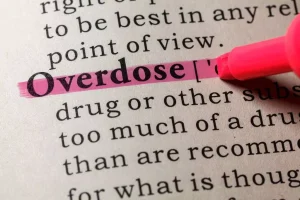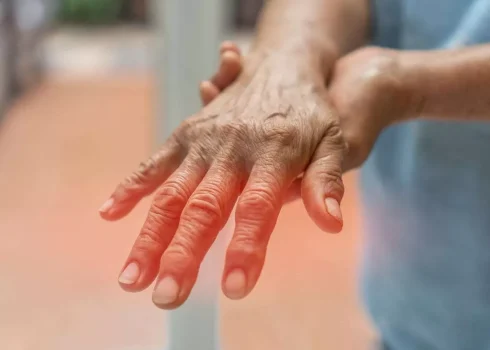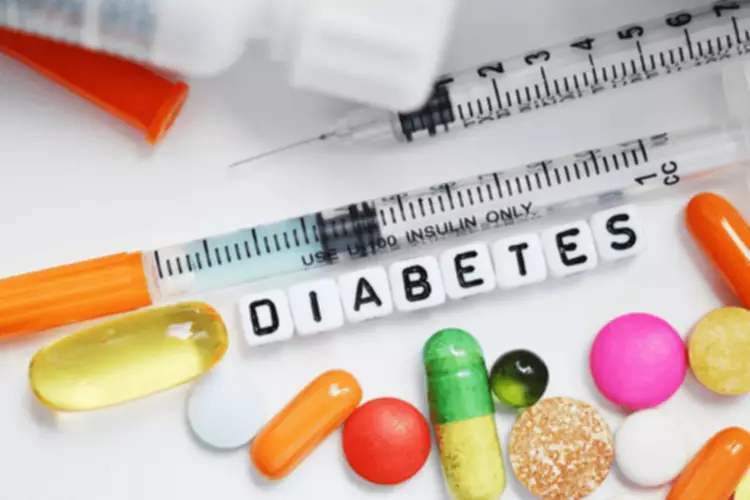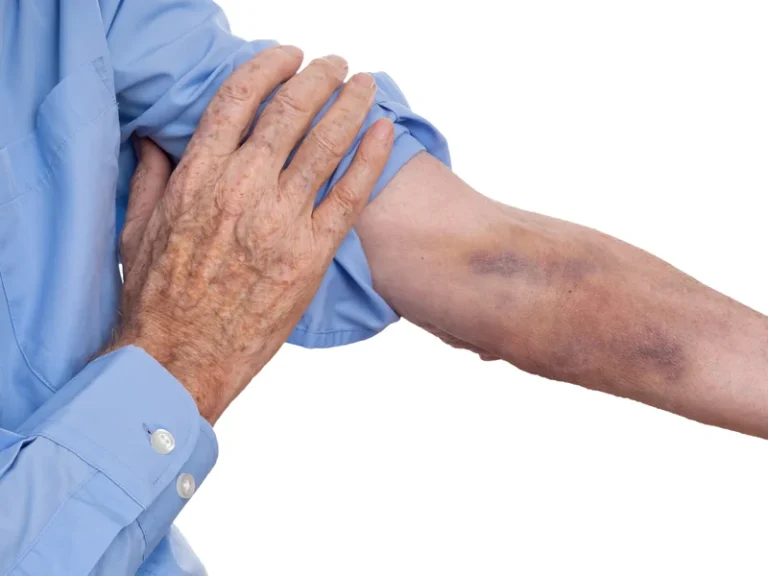
Perhaps, you may even be able to turn stressors around into positive self-growth. Resiliency is a character trait that allows an individual to cope with or overcome perceived stress and adversities (Connor & Davidson, 2003; Luthar & Zigler, 1991; Ye et al., 2020). Instead of falling into a web of self-pity by binging Netflix, we can ask ourselves, “how can I comfort myself in a better way? healthy ways to cope ” In answering this question, we realize talking to someone may help us feel better. These methods, which may also be referred to as effective or adaptive strategies for coping, benefit the individual and do not result in damaging consequences. These dynamic responses may be classified into effective/ ineffective or adaptive/ maladaptive strategies, which we discuss below in great detail.
Physical Coping Skills for Managing Depression
Everyone reacts differently, and your own feelings will change over time. Taking care of your emotional health during an emergency will help you think clearly and react to the urgent needs to protect yourself and your family. Self-care during an emergency will help your long-term healing. Suppressing and compartmentalizing your feelings may seem like a strategic way to cope with the difficult symptoms of depression.
- Once triggers are identified, clients recognize the impact these triggers have and find new, adaptive coping strategies.
- While it’s important to stay informed of the latest news and developments, the evolving nature of the news can get overwhelming.
- Other techniques include positive thinking, gratitude, reframing, and a realistic perspective of the situation (Finlay et al., 2021).
- This is referred to as problem-focused coping (as opposed to emotion-focused coping).
Maladaptive Depression Coping Skills
- Based on this assessment, our coping mechanisms and psychological responses to stress are triggered.
- And remember that supplements aren’t regulated by the Food and Drug Administration so do your homework.
- Learning social coping skills can give you the tools to engage in positive social interactions.
Meditating consistently, even for short periods, may help boost your mood and decrease symptoms of stress and anxiety. Yoga may help lower cortisol levels, blood pressure, and heart rate while increasing levels of gamma https://ecosoberhouse.com/ aminobutyric acid, a neurotransmitter that’s low in people with mood disorders. Another way to take control of your stress is to stay on top of your priorities and avoid procrastinating when you aren’t feeling stressed.
Healthy Coping Techniques and Natural Tips

Mindfulness meditation is a stress-management technique focusing on the present moment without judgment. These detailed, science-based exercises will equip you or your clients with tools to manage stress better and find a healthier balance in their life. Before you continue, we thought you might like to download our three Stress & Burnout Prevention Exercises (PDF) for free. These science-based exercises will equip you and your clients with tools to better manage stress and find a healthier balance in your life.

So it’s important to create a lifestyle that will help you ward off stress and deal with challenges in a healthy way. The best news is that no one around you will know you’re doing them. So whether you’re in a stressful meeting or you’re sitting in a crowded theater, breathing exercises could be key to reducing your stress. Just focusing on your breath or changing the way you breathe can make a big difference to your overall stress level. Breathing techniques can calm your body and your brain in just a few minutes. The goal here is for healthy coping to become your first inclination when chaos rears its head.
A walk in a park or other green space might help you shake off some stress. The simple act of moving your body can work wonders for lowering your anxiety levels. Research from 2018 suggests that physical activity may help reduce symptoms in people with anxiety disorders and stress-related disorders.

Stress reduction techniques that utilize mindfulness include meditation and mindfulness-based cognitive therapy (MBCT), a type of cognitive behavioral therapy. Creating boundaries — especially with people who add to your stress levels — is a healthy way to protect your well-being. This can be as simple as asking a friend or family member not to stop by unannounced or canceling standing plans with a friend if you need more space. A 2021 review of literature points out that several studies have linked excessive smartphone use with increased stress levels and mental health disorders. Although the tips below may relieve many types of stress, they are not a substitute for treatment from a mental health professional.
Sometimes, the best way to stop anxious thoughts is to leave a situation and get moving. Focusing on your body and not your mind may help relieve your anxiety. Low impact exercises like walking, yoga, and tai-chi can often help people to reduce stress and manage anxiety symptoms.
Workshops or group sessions can provide a supportive environment for learning and practicing new skills. Self-help resources, like books or online content, can also offer valuable information and exercises. For effective teaching, it’s important to tailor the approach to the person’s needs, considering factors like age, background, and the specific stressors they’re dealing with. Sometimes, we can’t change the stressful situation itself, but we can change how we react to it emotionally.


